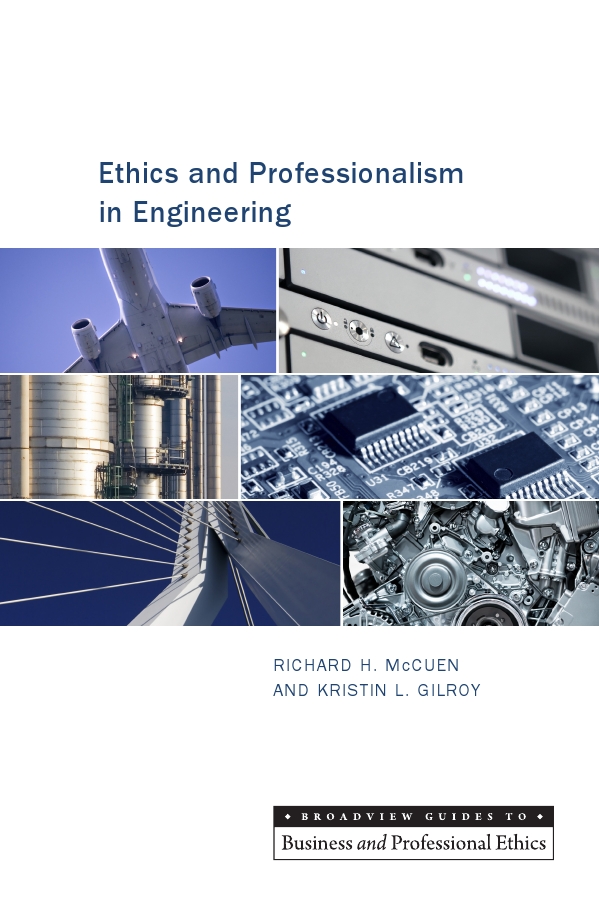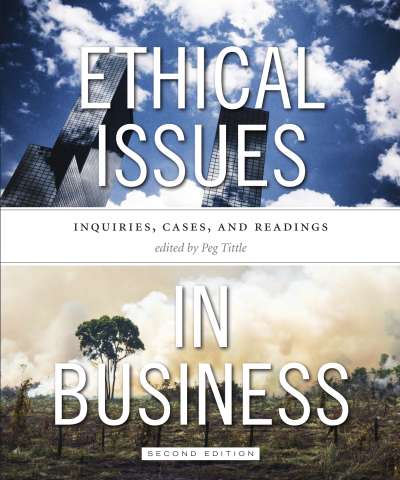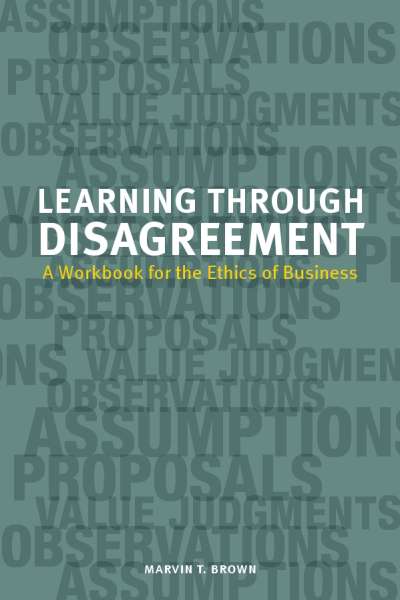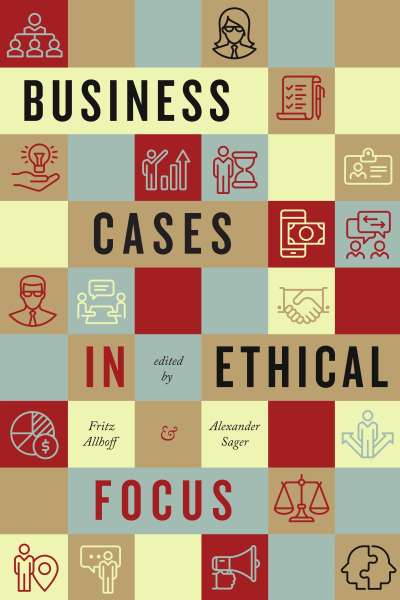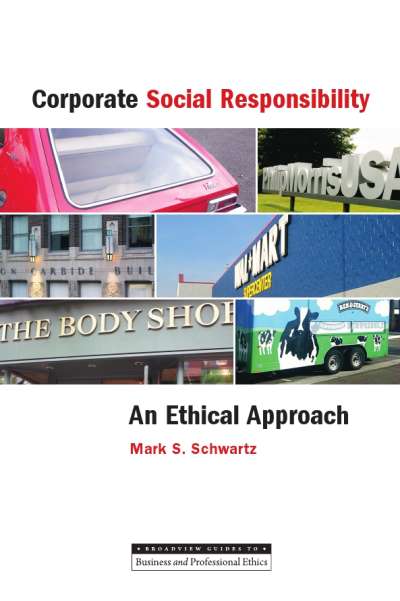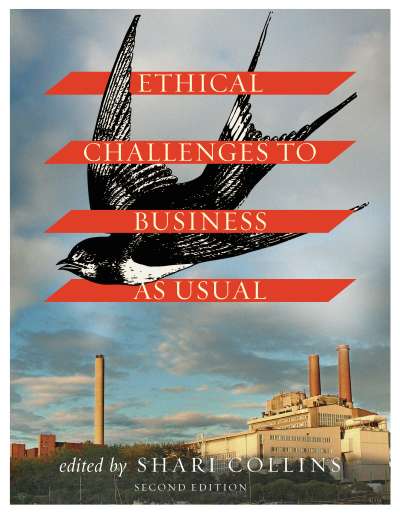The rapid pace of technological change constantly gives rise to new ethical dilemmas, and engineers must be as well versed in societal values and ethics as they are in the technical concepts of their disciplines. Ethics and Professionalism in Engineering provides a practical introduction for engineering students that emphasizes ethical decision-making. McCuen and Gilroy situate engineering ethics in the wider context of business and environmental ethics and guide students through case studies emphasizing value conflicts often encountered in engineering.
Comments
“The authors have done a terrific job of addressing the essential elements of engineering ethics. The organization and presentation is logical and reasonable, and this will appeal to engineering students as well as practicing engineers.” — P. Aarne Vesilind, Emeritus Professor of Civil and Environmental Engineering, Bucknell University

